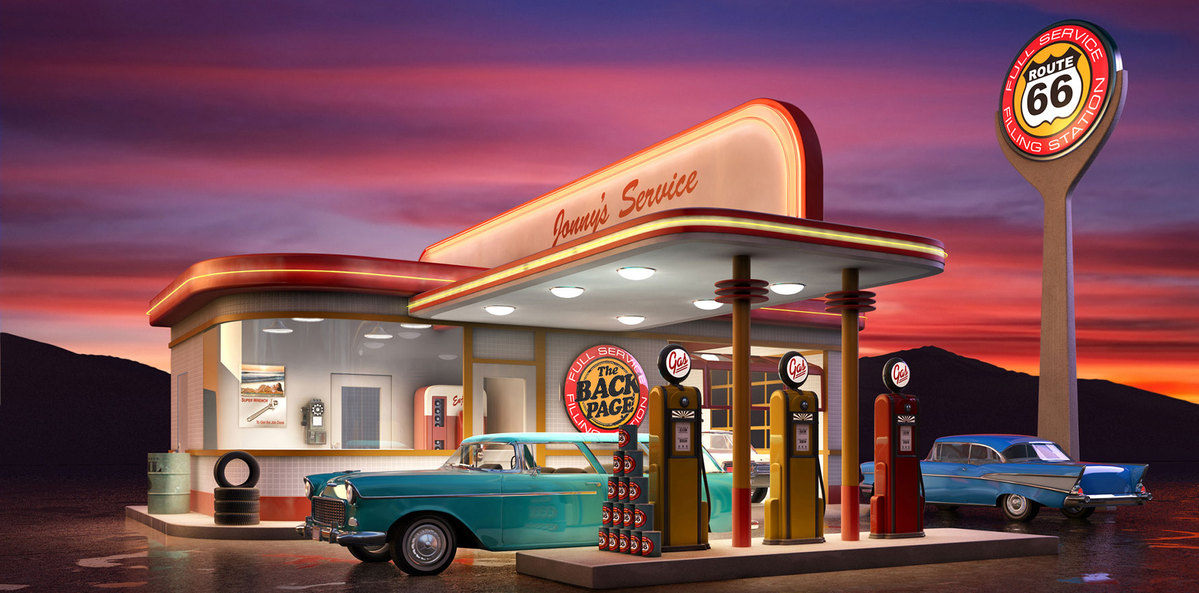Just how could anything called ‘gas station heroin’ be a good thing?
Sometimes the name of something is all you really need to know about it.
If the street name for an illegal drug is something like “crank”, or “murder 8” or “meow meow”, chances are imbibing that substance will result in tears before bedtime.
The same could be said for the currently still legal drug (in the US and several other countries) officially known as tianeptine, but which goes by the street moniker of “gas station heroin”.
Seriously, if that handle doesn’t ring some alarm bells then you are probably already in a significantly altered state of consciousness.
But if you prefer not to be nameist, then there’s some solid research out there by researchers at Harvard and Louisiana State University suggesting folks are well advised give this one a big swerve.
The drug, which is thankfully not – yet – available in any form in Australia, is often marketed as cognition-boosting supplement which can be bought in the aforementioned gas stations and marijuana dispensaries under brand names such as Zaza, Tianaa Red, and Neptune’s Fix.
Tianeptine reportedly plays on the same neuron receptors that dangerous opioids such as oxycontin does, giving users a feeling of euphoria that’s long been associated with opioids. On the steep downside, the drug is highly addictive, is easily overdosed, has harrowing withdrawal symptoms, and has been linked to suicide attempts.
Unsurprisingly, pressure is mounting on the US’s FDA to take some action to rein in this deeply nasty substance.
While the drug is certainly on the FDA’s radar, the authority has so far only issued warnings about the dangers of tianeptine, rather than banning its legal sale.
This has prompted US lawmakers, including the “colourful” Republican congresswoman and rabid Trump fangirl Lauren Boebert, to write to the FDA in a bid to prompt stronger action.
Among other queries, the representatives have asked whether the FDA has “taken any steps in conjunction with the (Drug Enforcement Administration) to research whether tianeptine should be scheduled under the Controlled Substance Act”.
In better news, some nine US states have either restricted or banned the sale of the drug.
One imagines more will follow, given it seems like a no-brainer to get this stuff off the retail shelves – even if it is also a no-brainer not to buy something called “gas station heroin” in the first place.
The FDA’s caveat emptor approach so far does seem a touch hands-off for an agency responsible for protecting public health by assuring the safety, efficacy, and security of human and veterinary drugs.
Send your sketchy but still somehow legal story tips to penny@medicalrepublic.com.au.


